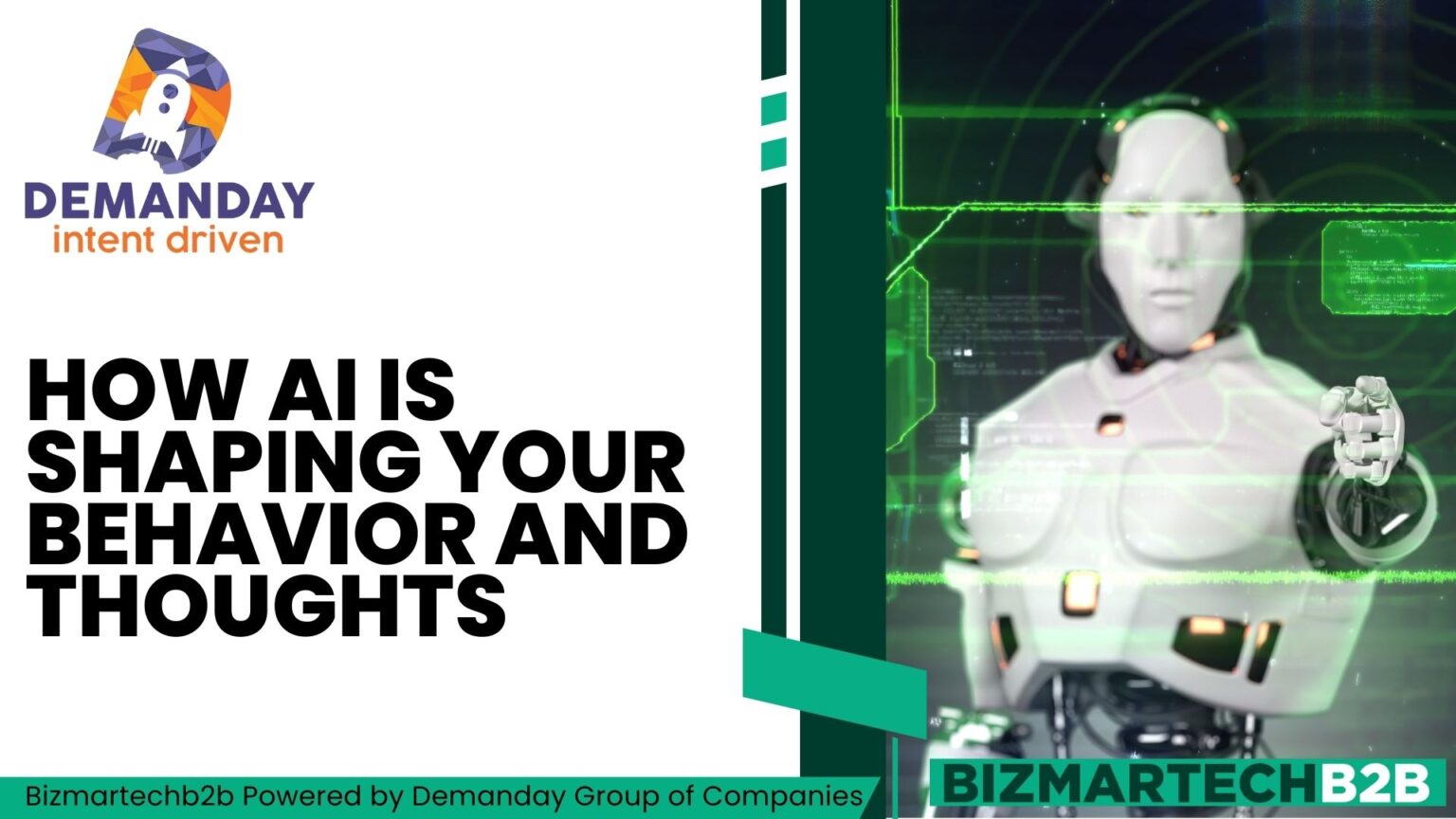In a world where artificial intelligence (AI) isn’t just a concept but a reality, it’s easy to wonder: How much influence does AI have on your thoughts and actions? The answer might surprise you. This article delves into the intricate relationship between AI and human psychology, exploring how this powerful technology molds behaviors in ways you might not even realize.
Contents
1. AI: Your New Invisible Influencer
- Quick Peek: Imagine a friend who knows your preferences better than you do. That’s AI.
- Dive In: AI systems, from recommendation algorithms to virtual assistants, are increasingly adept at predicting your needs and wants. They subtly nudge you toward certain decisions, whether it’s the next show you binge-watch or the items you add to your online shopping cart. Recent stats show that 75% of consumers rely on AI-driven recommendations, highlighting the growing influence of these technologies on our daily choices.
2. The Emotional Connection: How AI Reads and Reacts to Your Feelings
- Quick Peek: Ever wonder how your favorite app seems to “get” you? AI is reading your emotions.
- Dive In: AI isn’t just about cold, hard logic; it’s also about understanding and reacting to human emotions. Through sentiment analysis and emotion recognition, AI can gauge your mood and tailor its responses accordingly. For instance, 80% of companies are investing in AI-driven customer service solutions that adapt to the emotional state of the customer. This isn’t just about convenience; it’s about creating a deeper, more personalized connection with you.
3. Behavioral Nudges: When AI Knows You Better Than You Know Yourself
- Quick Peek: Your actions are more predictable than you think, and AI is making use of that.
- Dive In: AI’s ability to analyze vast amounts of data allows it to identify patterns in your behavior. It learns from your past actions to predict future ones, subtly steering you in specific directions. For example, AI-driven personalization in e-commerce has led to a 20% increase in conversion rates, proving just how effective these behavioral nudges can be. But it’s not just about shopping; this influence extends to how you interact with social media, manage your time, and even maintain your health.
4. The Ethical Dilemma: Should AI Have This Much Power Over You?
- Quick Peek: The convenience of AI comes with a cost. But is it worth it?
- Dive In: While AI’s ability to influence your behavior can be incredibly beneficial, it also raises significant ethical questions. Should algorithms have the power to shape your decisions? And what happens when AI gets it wrong? With 63% of people expressing concerns over data privacy in the digital age , it’s clear that the line between helpful and invasive is a fine one. This section will explore the ethical considerations of AI’s role in your life, encouraging you to think critically about the technology that surrounds you.
5. Looking Ahead: The Future of AI and Human Behavior
- Quick Peek: AI is evolving, and so are you. What’s next in this ever-changing relationship?
- Dive In: The relationship between AI and human behavior is dynamic and constantly evolving. As AI technology becomes more sophisticated, its influence on your thoughts and actions will only grow. This section will look at emerging trends, such as AI’s role in mental health and education, and how these advancements might shape your future.
In the age of AI, understanding the psychology behind this technology is more important than ever. As AI continues to evolve, so will its impact on your behavior. By being aware of these influences, you can take control of your decisions and ensure that technology serves you, not the other way around.

